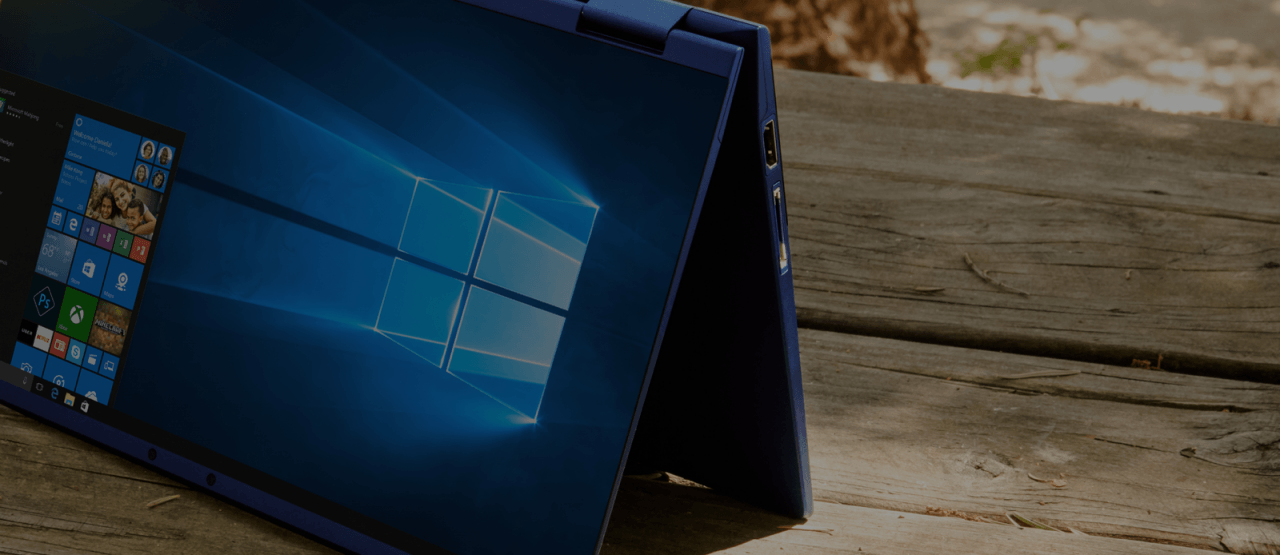Report: Microsoft's Helping Bring Chrome to Windows 10 on Arm
Windows 10 on Arm could be getting a shot in the... well... you know, courtesy of Google. The company is reportedly working with Microsoft to bring Chrome to Arm-powered PCs as a native app so people no longer have to use an emulated (and worse-performing) version of the browser.
Microsoft has been encouraging manufacturers to give Intel some competition in the laptop space for years. The latest effort arrives courtesy of the Windows 10 on Arm initiative, which promotes the use of Qualcomm's Snapdragon 835 and 850 processors, along with other Arm chips.
Arm chips are supposed to allow these laptops to be more power efficient, better at managing apps while they're asleep, and more easily connect to cellular networks thanks to Qualcomm's expertise in that area. Yet those benefits come with their own drawbacks, with perhaps the greatest one being that many Windows 10 apps have to be emulated because devs haven't released versions of their apps specifically for Arm devices.
Enter Google and Microsoft apparently working together to bring Chrome to Windows 10 on Arm. 9to5Google reported that Microsoft engineers have made "a couple dozen commits" to Chromium’s Gerrit source code management. The report noted that this could also boost performance in "Electron-based apps, like Slack and even Microsoft’s own Visual Studio Code, and Node.js which is built upon Chrome’s V8 JavaScript engine."
Those improvements would be a clear boon to Windows 10 on Arm device owners. But it's still a little surprising to learn that Microsoft is helping bring Chrome to a version of Windows 10 where it wasn't dominant. The company has grown increasingly desperate to prove that its Edge browser can compete with the likes of Chrome, even going so far as to annoy Windows Insiders with a pop-up asking them to keep using Edge.
Putting those differences aside to make Windows 10 on Arm a more compelling experience shows Microsoft's commitment to the platform. It had a rocky start, especially since many of these devices shipped with a version of Windows 10 that was never supposed to support them, but at least the company appears to be putting this initiative over its desire to promote Edge. (Call it "avoiding the double-Edged sword," if you will.)
Microsoft and Google haven't officially announced that a native version of Chrome is coming to Windows 10 on Arm. But the contribution of Microsoft engineers to the Chromium project shows that at least some folks at the company want to improve the experience on these always-connected PCs. Hopefully the people who buy into Microsoft's latest effort to diversify Windows 10 devices will benefit either way.
Get Tom's Hardware's best news and in-depth reviews, straight to your inbox.

Nathaniel Mott is a freelance news and features writer for Tom's Hardware US, covering breaking news, security, and the silliest aspects of the tech industry.
